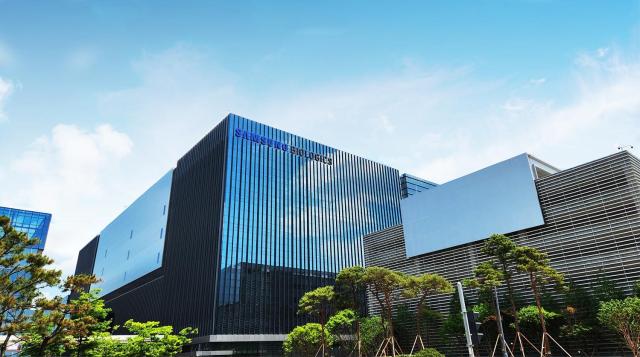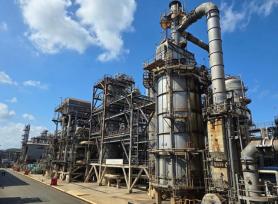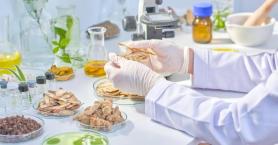
Biosimilar manufacturer Celltrion led the charge, posting revenue of 961.5 billion won, or approximately $692.4 million, for the April-to-June period — a 9.9 percent increase from the same quarter last year.
The company’s operating profit soared 234.5 percent to 242.5 billion won, fueled by strong global demand for its high-margin biosimilar therapies, including its flagship subcutaneous treatment for autoimmune diseases, Remsima SC.
Samsung Biologics also posted historic gains, breaching the 2 trillion won ($1.44 billion) sales mark for the first time over the first half of the year. The company reported second-quarter revenue of 1.289 trillion won, up 11.5 percent year-on-year, with operating profit rising 9.5 percent to 475.6 billion won.
Executives attributed the gains to increased output at its state-of-the-art Plant 4 facility and a broader biosimilar pipeline developed by its subsidiary, Samsung Bioepis.
The robust earnings come despite growing geopolitical headwinds.
U.S. President Trump has repeatedly signaled an intent to impose tariffs on foreign biotechnology and pharmaceutical imports, including from South Korea, as part of his broader “America First” economic platform. While no formal measures have been enacted, the warnings have cast a shadow over the sector’s longer-term outlook.
Still, for now, South Korean pharmaceutical firms are showing resilience.
Yuhan Corporation, known for its lung cancer treatment pipeline, reported a 9.6 percent rise in revenue alongside a 168.9 percent leap in operating profits. GC Biopharma, formerly Green Cross, posted sales of 500.3 billion won — up 19.9 percent year-on-year — while Daewoong Pharmaceutical reported an 11.8 percent increase in revenue over the same period.
“Despite the policy uncertainty coming from Washington, Korean biopharma continues to outperform thanks to its manufacturing efficiency, global partnerships, and increasing presence in high-value therapeutic areas,” said Kim Hyun-soo, a healthcare analyst at Shinhan Investment Corp.
Industry observers say the sector’s performance underscores not only the growing maturity of South Korea’s biotech ecosystem but also its ability to adapt to shifting global regulatory and political environments.
“South Korean pharmaceutical firms are no longer simply following global trends — they’re setting them,” said Park Eun-jung, director at the Korea Pharmaceutical and Bio-Pharma Manufacturers Association. “And that makes them increasingly difficult to ignore.”
Copyright ⓒ Aju Press All rights reserved.




